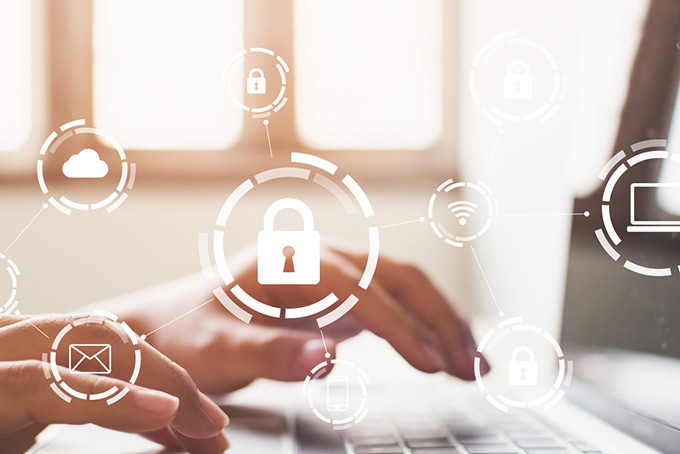In today’s virtual-reliant world, much of our day-to-day business takes place in Cyberspace. But banking and financial transactions might still make you leery. Whether it’s your monthly credit card or mortgage bill, your regular bank account statement, your quarterly 401(k) update, or another financially sensitive document, some of us prefer the piece of paper delivered to our mailbox.
Let’s face it: There are some negatives to a paperless system. On the other hand, there are benefits that paper can’t match. The key is identifying the pros and cons and weighing them for yourself.
So let’s start with some of “the bad news.”
Con: Set-up and Learning Curve
You need to create an online account. You need to establish yet another password – and then miraculously remember it. You also need a PDF reader to open and view the file. These are free apps you can find online, but it’s one more step. Then there’s the issue of having to learn how to use the system. These systems are getting easier and easier, with many user-friendly functions to speed the sign-up process. But it might still feel daunting to the technically unsavvy or to those who just don’t have the time to get set up.
Con: Lost Access to Old Statements
Keep in mind that your previous statements might not be accessible in perpetuity. Your bank’s archives might only allow you to retrieve online statements for the past year or just a couple months, and you most likely lose all access if you close your account. So you’ll have to remember to print out statements that you think you’ll need to reference in the future.
Con: Missed or Forgotten Emails
If you overlook the emailed payment reminder or lose track of the date, you can easily miss a payment deadline because you don’t have the physical copy tacked to your bulletin board or filed in your monthly to-do bin. And if your email system has a particularly finicky spam filter, your reminder messages could go straight into your trash or spam folder.
The good news is that most email systems allow you to add your statement issuer’s email address to your “safe list” to avoid filtering their messages directly into your spam folder.
Many lenders have reminder systems that will send follow-up notices a few days before your payment due date. You can also set up a calendar alert (on whatever digital device you do your banking) to ping you on the day you’d like to pay your bill.
And there are plenty of other good reasons to consider paperless statements.
Pro: Security
Cyberhacks, identity theft, and phishing scams are a real problem, to be sure. Any time your financial information travels through the internet, you open yourself up to these potential threats. But moving to paperless statements might actually be safer in preventing identity theft because, unlike your mailed copies, emailed statements don’t contain your full account number.

Pro: Being Green
The U.S. Environmental Protection Agency has estimated that the average American uses the equivalent of a 100-foot-tall Douglas fir tree in paper every year. That’s a big tree – and most of us probably don’t even notice. By cutting out paper billing statements, we’re making strides toward not only less demand for paper but also less air pollution from paper production. Plus, no paper statement means nothing for you to sort, store, or shred.
Pro: No More Waiting for the Mail
Your statement arrives in your possession basically the moment it’s generated (give or take, depending on the speed of the bank’s transaction and delivery system). You don’t need to wait on your mail carrier’s schedule.
The beauty of paperless statements is that you can easily pay your bill online as well. Not only will this cut out the step of writing a check, you also don’t have to worry about running out of stamps or being assessed a late fee if you cut it too close to the due date.
Are you new to internet banking or paperless statements? Are you concerned about a recent phishing scheme or data breach? We are here to address these concerns and answer your questions. Contact a member of DebtGuru.com today for insight and advice on paperless statements or any other facet of personal financial management.
